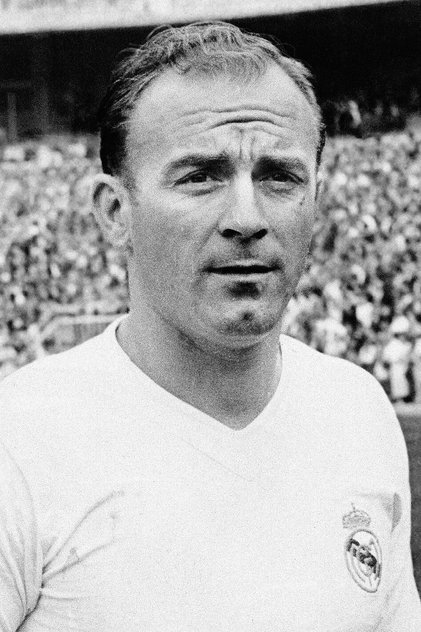
Alfredo Di Stéfano
- Date of Birth: 1926-07-04
- Date of Death: 2014-07-07
- Place of Birth: Buenos Aires City, Buenos Aires, Argentina
Biography
Alfredo Stéfano Di Stéfano Laulhé (4 July 1926 – 7 July 2014) was an Argentine-born professional footballer and coach, regarded as one of the best footballers of all time. Nicknamed "Saeta rubia"... Alfredo Stéfano Di Stéfano Laulhé (4 July 1926 – 7 July 2014) was an Argentine-born professional footballer and coach, regarded as one of the best footballers of all time. Nicknamed "Saeta rubia" ("Blond Arrow"), he was a powerful, quick, skillful, and prolific forward, with great stamina, tactical versatility, creativity, and vision, who could play almost anywhere on the pitch. He is best known for his achievements with Real Madrid, where he was instrumental in the club's domination of the European Cup and La Liga during the 1950s. Along with Francisco Gento and José María Zárraga, he was one of only three players to play a part in all five victories, scoring goals in each of the five finals. Di Stéfano played international football mostly for Spain after moving to Madrid, but he also played for Argentina and Colombia. Di Stéfano began his career at Argentina's River Plate aged 17, in 1943. For the 1946 season he was loaned to Club Atlético Huracán, but he returned to River in 1947. Due to a footballers' strike in Argentina in 1949, Di Stéfano went to play for Millonarios of Bogotá in the Colombian league. He won six league titles during the first 12 years of his career in Argentina and Colombia. Following his signing by Real Madrid he was an integral part of one of the most successful teams of all time. He scored 216 league goals in 282 games for Real (then a club record), striking up a successful partnership with Ferenc Puskás. Di Stéfano's 49 goals in 58 matches was the all-time highest tally in the European Cup. The record has since been surpassed by several players, with Real Madrid's Raúl the first in 2005. Di Stéfano scored in five consecutive European Cup finals for Real Madrid between 1956 and 1960, including a hat-trick in the last. Perhaps the highlight of his time with the club was their 7–3 victory over Eintracht Frankfurt in the 1960 European Cup Final at Hampden Park, a game many consider to be the finest exhibition of club football ever witnessed in Europe. He moved to Espanyol in 1964 and played there until retiring at the age of 40. Di Stéfano was awarded the Ballon d'Or for the European Footballer of the Year in 1957 and 1959. He is currently the sixth highest scorer in the history of Spain's top division, and Real Madrid's third highest league goalscorer of all time. He is Madrid's leading goalscorer in the history of El Clásico, alongside Cristiano Ronaldo. In November 2003, to celebrate UEFA's Jubilee, he was selected as the Golden Player of Spain by the Royal Spanish Football Federation as their most outstanding player of the past 50 years. He was voted fourth, behind Pelé, Diego Maradona, and Johan Cruyff, in a vote organized by France Football magazine which consulted their former Ballon d'Or winners to elect the Football Player of the Century. In 2004, he was named by Pelé in the FIFA 100 list of the world's greatest living players. In 2008 Di Stéfano was honoured by both UEFA and Real Madrid with a special Presidents award issued by FIFA at a ceremony in Madrid, where a statue was also unveiled. Then UEFA President Michel Platini called Di Stéfano "a great amongst the greats" while contemporaries Eusébio and Just Fontaine suggested that he was "the most complete footballer in the history of the game". From Wikipedia, the free encyclopedia.
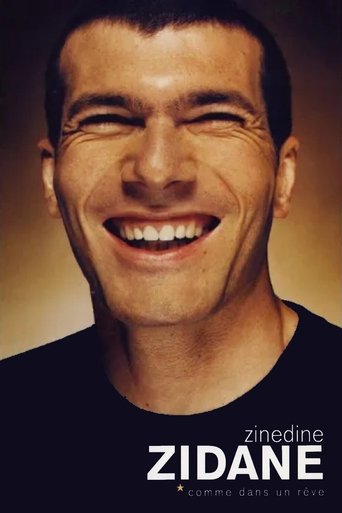
Zinédine Zidane - Comme dans un rêve
Documentary • 2002 April
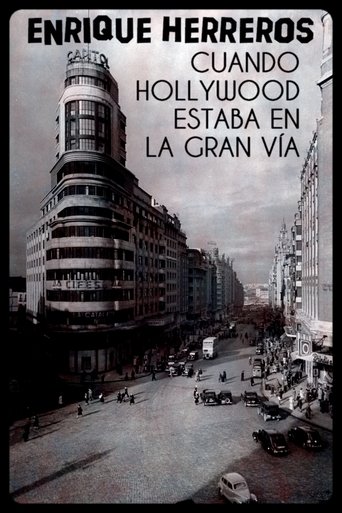
Enrique Herreros
Documentary • 2011 June
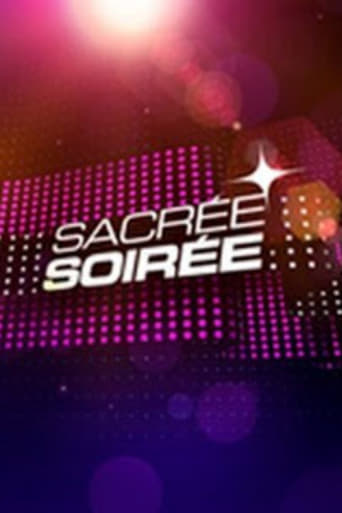
Sacrée soirée
Talk • 1987 September
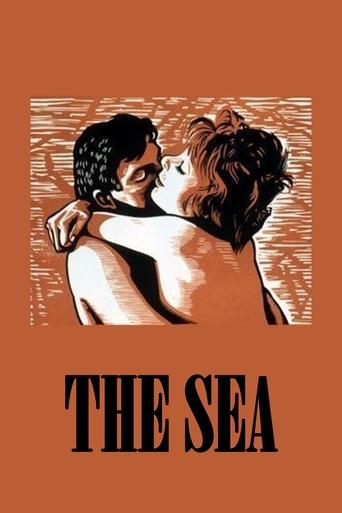
The Sea
Drama • 1962 March

Der Sport-Spiegel
News • 1963 April

Eleven Pairs of Boots
Comedy • 1954 September
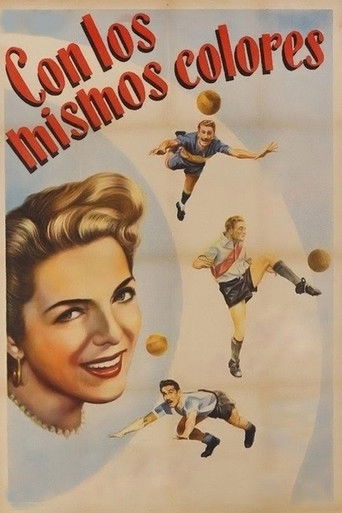
Con los mismos colores
Comedy • 1949 September
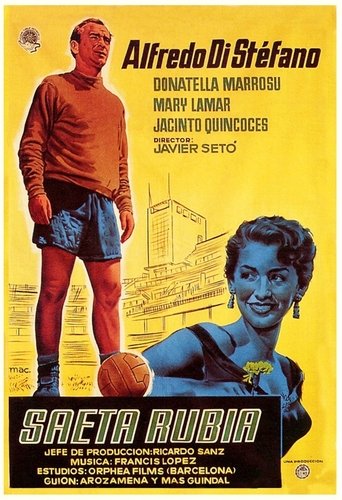
Saeta rubia
Drama • 1956 December
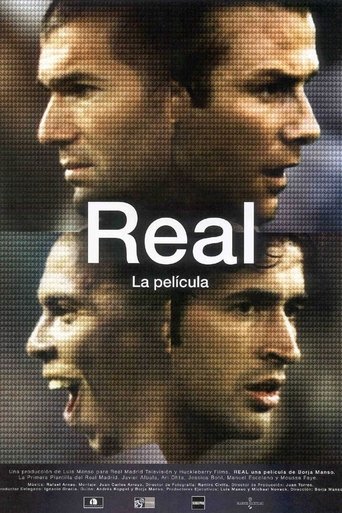
Real: The Movie
Documentary • 2005 August
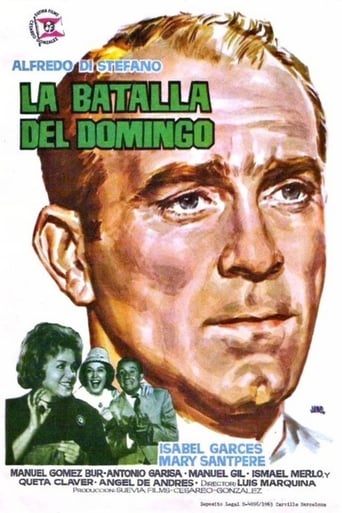
La batalla del domingo
Drama • 1963 September